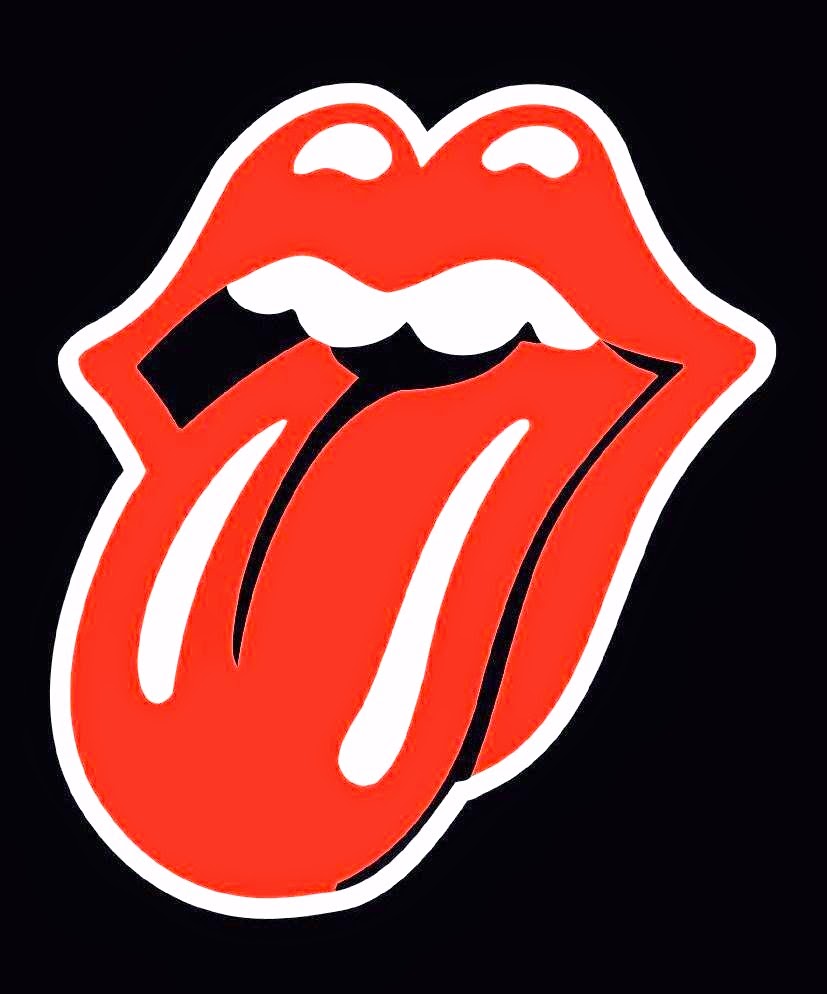And it all gets topped off by Lynyrd Skynryd.
Surprised? You shouldn't be. With AC/DC doing opening honors back on the 1st, Skynyrd closing out the great month of Rock-tober has a certain symmetry to it and the makings of a nice tradition. Now all we need is the song.
During this month I've done a lot of looking back, and these past 30 posts have brought to mind memories I hadn't thought about in years. These memories were of simpler, happy times growing up, going to school, and just hanging with friends. The fact that these days are gone just fills me with nostalgia, and for the past week or so I've not been able to get this song out of my head.
"Tuesday's Gone" is the 2nd track on Skynyrd's 1st album, Pronounced Leh-nerd Skin-nerd. The studio version intros with a Mellotron, an electronic keyboard with an unmistakable sound, before Gary Rossington's lone, mournful guitar takes over. Johnny Van Zant then picks it up and his vocals meld superbly with the instrumentation. Perfection. This is one of Skynyrd's most underrated songs.
There's a lot of consensus in the blogosphere that the song is about a guy who leaves his girlfriend named Tuesday. One commentator even mentions her father named her Tuesday "after the girl in the song."
I think there's a deeper meaning. Ronnie van Zant wrote "Tuesday" when realized his life had reached an inflection point. The band just signed a new record deal with MCA, and the simple routineness of the life he'd known was over. It was a watershed moment. The life that he had on Tuesday was irrevocably changed and was now "gone with the wind", like tearing a page from a calendar.
Rock-tober 2014 is now "gone with the wind." As it fades into yesterday, I thank you for giving these past 31 missives a portion of your busy day. While not always easy, cranking out each post was always fun. Do me a couple of personal favors. Don't be so busy. Take stock of your life in the here and now and fully appreciate it, because the ordinariness of today becomes tomorrow's wistful nostalgia. Then grab hold of your main squeeze and tell them they rock your world.
And hold them like there's no tomorrow.






